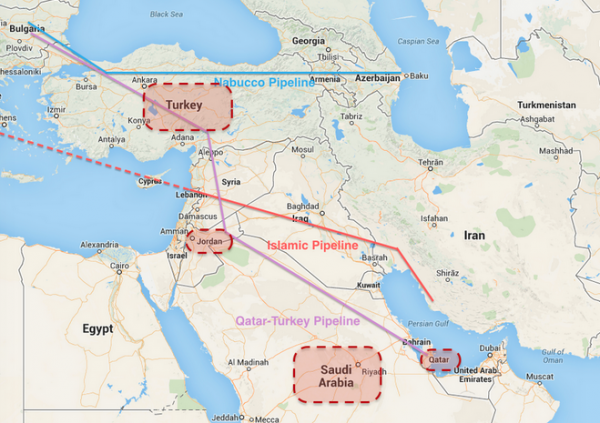Pigem saab võita muuseas ka sõjalisi meetmeid kasutades, kuid ikka kaasates ikka ka kõik selle, mis lubab tasalülitada taristud ja finantseerimise (relvad), poliitilise mõjukuse, võimekuse värvata uusi liikmeid.
All terrorist groups eventually end. But how do they end? The evidence since 1968 indicates that most groups have ended because (1) they joined the political process (43 percent) or (2) local police and intelligence agencies arrested or killed key members (40 percent). Military force has rarely been the primary reason for the end of terrorist groups, and few groups within this time frame have achieved victory. This has significant implications for dealing with al Qa'ida and suggests fundamentally rethinking post-9/11 U.S. counterterrorism strategy: Policymakers need to understand where to prioritize their efforts with limited resources and attention. The authors report that religious terrorist groups take longer to eliminate than other groups and rarely achieve their objectives. The largest groups achieve their goals more often and last longer than the smallest ones do. Finally, groups from upper-income countries are more likely to be left-wing or nationalist and less likely to have religion as their motivation. The authors conclude that policing and intelligence, rather than military force, should form the backbone of U.S. efforts against al Qa'ida. And U.S. policymakers should end the use of the phrase “war on terrorism” since there is no battlefield solution to defeating al Qa'ida.
http://www.rand.org/pubs/monographs/MG741-1.html
Kiire meenutus ajaloost - roomlased suutsid kogu Vahemere puhastada piraatidest mitte nendega avamerel võideldes (mida muidugi samuti tehti) vaid alles siis kui uus luud uue strateegiaga välja tuli ehk alustas kogu nende kaldavõrgustiku, eelkõige nende kasutatavad sadamad, tasalülitamisega. Sama strateegiani jõuti hiljem, ennem muid edutuid katseid, ka Atlandi piraatide ja meie enda kodumere vitaalivendade puhul

